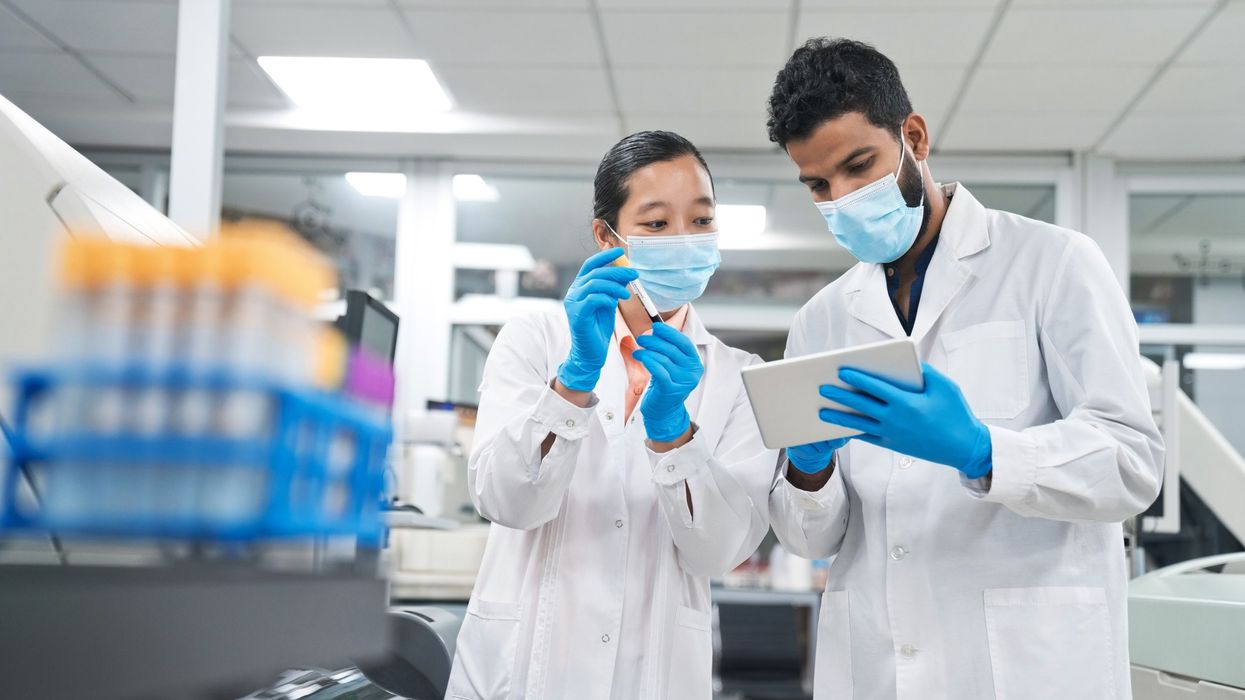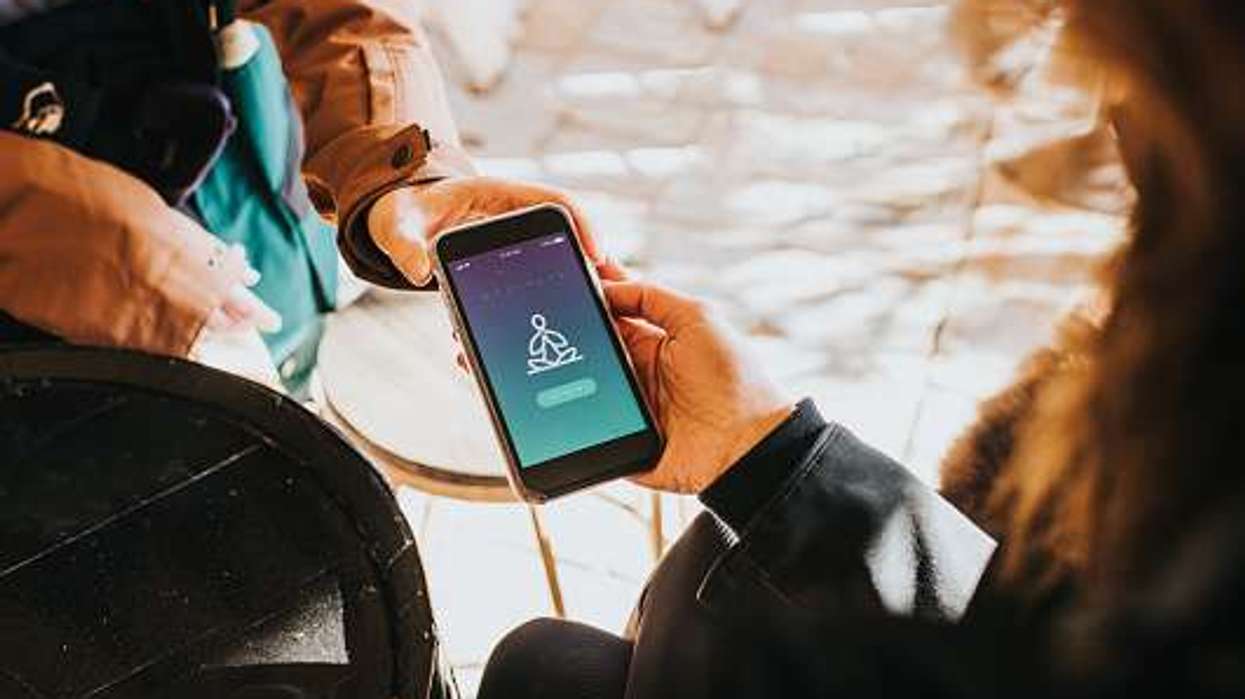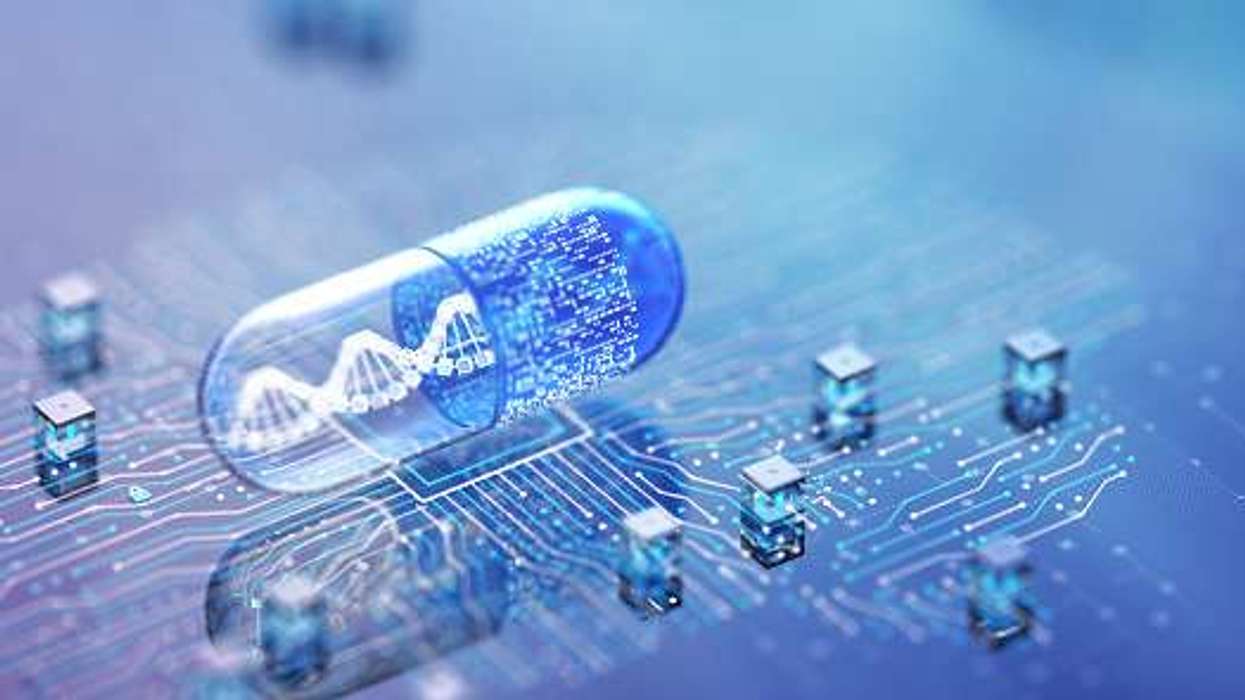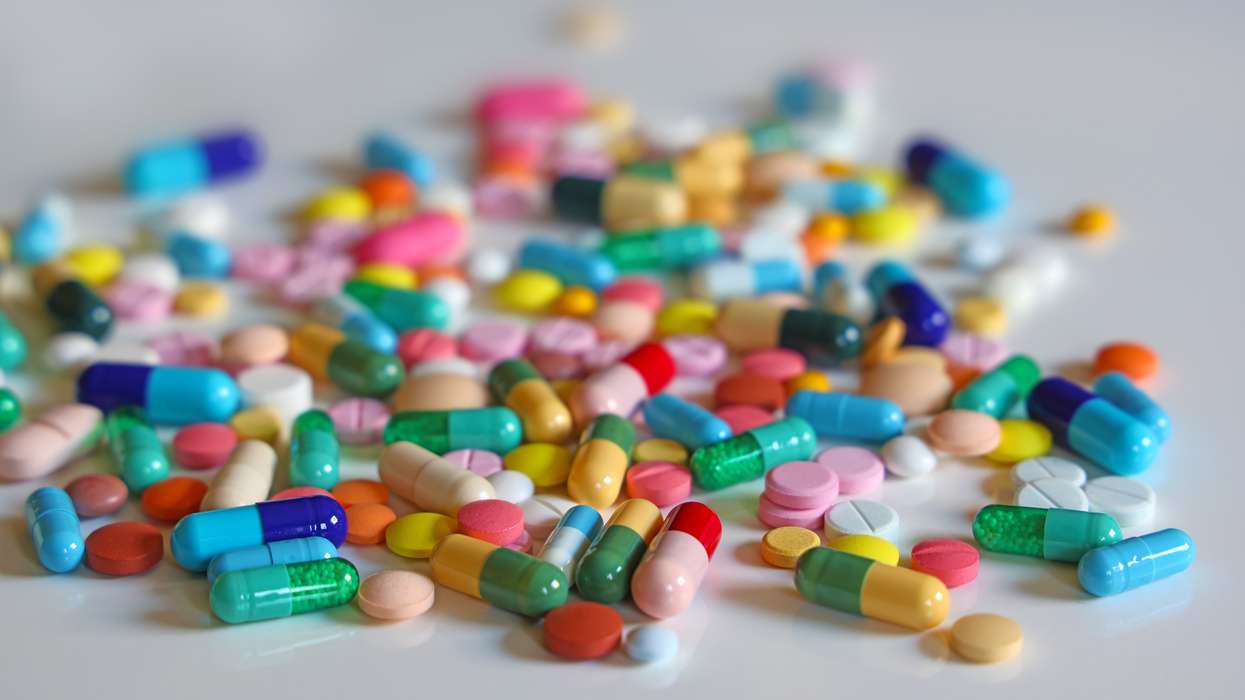The Indian pharmaceutical industry has been exempted from the 50 percent US tariffs that took effect on Wednesday (27) on many Indian products, as president Donald Trump sought to punish New Delhi for buying Russian oil.
According a the notice issued by the US Customs and Border Protection, the tariff will cover a wide spectrum of Indian exports, but sectors such as pharmaceuticals, electronics, and automobiles have been exempted.
On August 7, the US president announced doubling the tariffs on Indian goods to 50 percent, but gave a 21-day window to negotiate an agreement.
Indian Pharmaceutical Alliance secretary general Sudarshan Jain has said the Indian pharmaceutical industry has been excluded from the current tariff as generic medications are "crucial" for maintaining affordable healthcare in the US.
Experts assert that significantly, the US is highly dependent on India for its pharmaceutical supply, with approximately half of its generic medications coming from India.
They do not anticipate any chances of substantial immediate tariffs on Indian pharmaceuticals.
Section 232
However, White House trade adviser Peter Navarro said on August 14 that the Trump administration is likely to levy tariffs on pharmaceutical imports under a "Section 232" trade investigation because it's "very clear that we have a national security crisis" due to US reliance on foreign producers in the sector.
In a televised interview with CNBC, Navarro did not provide any details on the timing of the Section 232 probe.
He said that Trump's executive order to shore up supply chains will provide price floors for domestic producers of drug ingredients through long-term strategic contracts that will ensure sufficient demand.
At the same time, tariffs will deter dumping of pharma precursors from India and China, he added.












